BEST PRACTICE PROJECT
Project Description
The importance of digital skills for both social inclusion and employability has been made a high priority by the EC, hence several initiatives such as the EU Digital Agenda, the Grand Coalition for Digital Jobs, the e-skills for Jobs campaign, the EU Code Week were promoted, in an attempt to stop the fact that the “ICT skill gap” which, “is growing to unacceptable level”, as reinforced in the “e-skills Manifesto” by Vice President Ansip. As youth unemployment is a major issue all other Europe, mastering these skills is becoming critical to fill the huge gap created by the digital revolution. However, as there is an ever-growing need for ICT experts in the EU, evidence suggests that fewer students are choosing this field than before.
Up to now, ICT lessons were focusing purely on computer literacy – teaching students, how to word-process, how to work a spreadsheet and how to surf the Internet. These skills were considered enough, as to be an ICT expert. However, there is nowadays an ever-growing need to teach the next generation computer science, ICT and digital literacy, thus going beyond the skills of how to use a computer, to teach young people how to code, how to create a program, but how a computer works and how to make it work for them!
The project aimed to open up new routes into not only teaching coding and programming to young teenagers (14-16 years old) but also to open up their career options in order to initially have a firsthand experience of the various field of computing and then choose to study in a related topic.
Summertime, when students have time, has been seen as an opportunity to offer an innovative and interactive programme for teaching coding to teenagers, but also to explore the field of computing for better career guidance that will bridge the skills – gap between education and the labour market.
The activities of the project included:
- Phase 1: Preparatory activities
- Phase 2: Training of the Digital Operators with the exchange of good practices and experimentation of digital invasions
- Phase 3: Conclusion and follow-up
Project website: http://codeandyouth.iit.demokritos.gr/
Project Results European Commission: https://ec.europa.eu/programmes/erasmus-plus/projects/eplus-project-details/#project/2016-2-CY02-KA205-000819
Social Media
- Facebook: https://www.facebook.com/codeandyouth/
- Twitter: https://twitter.com/codeandyouth
- Pinterest: https://www.pinterest.co.uk/codeandyouth/
Information
- Funding source: Erasmus+ KA2
- Project Title: Coding and Youth: An innovative programme in the Digital Era
- Project acronym: CODE@YOUTH
- Project Code: 2016-2-CY02-KA205-000819
- Duration: 15 months
- 01 September 2016 - 30 November 2017
- Total Budget: € 141.490,11
Project Consortium
- Coordinator: Cyprus Computer Society, Cyprus
- Project Partners
- National Center for Scientific Research "Demokritos", Greece
- Futuro Digitale Association, Italy
- CGE Erfurt e.V., Germany
- A&A Emphasys Interactive Solutions Ltd, Cyprus

 Ελληνικά
Ελληνικά